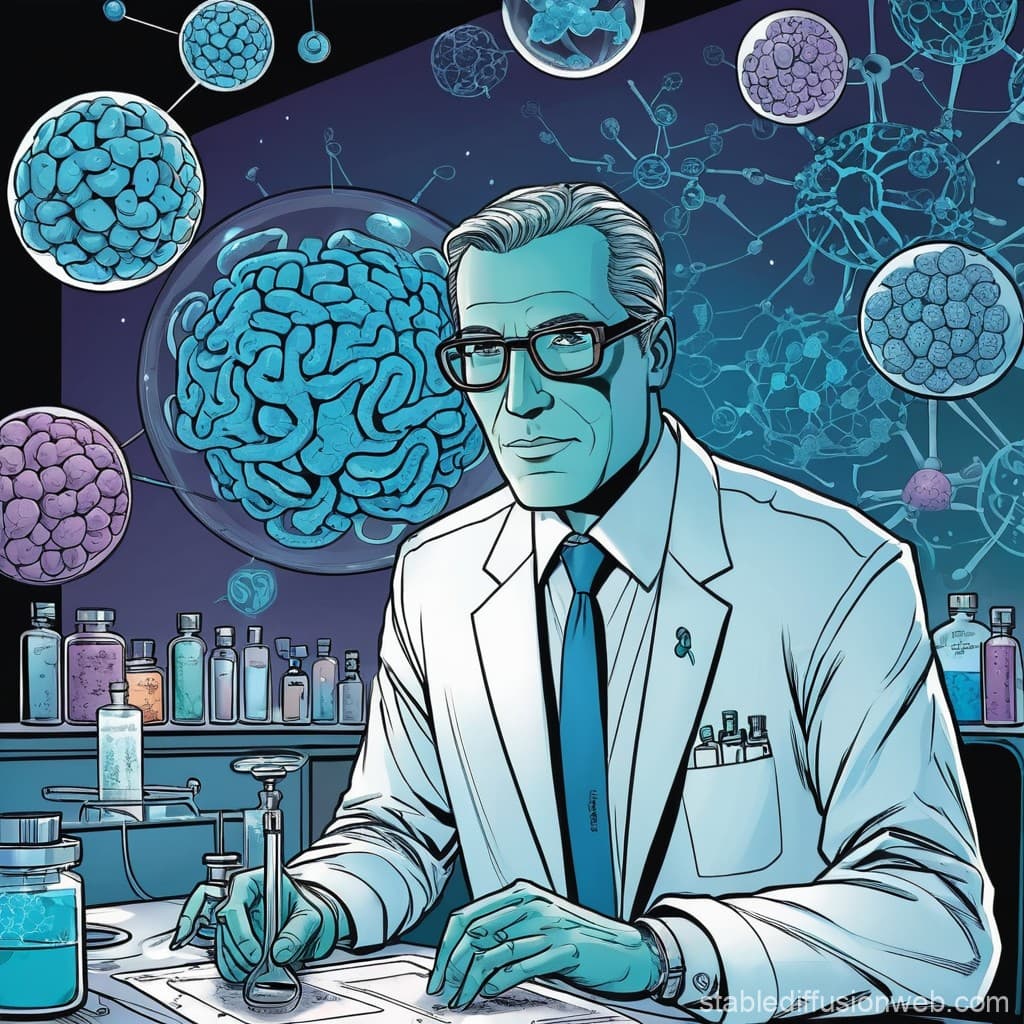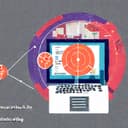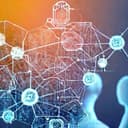Dive deep into the insights and expertise crafted by our dedicated team of AI specialists.
Explore the innovation that is driving the future.
 26 November 2024
26 November 2024AI agents can significantly accelerate and enhance drug discovery through their ability to process and analyze large volumes of data, generate hypotheses, and optimize experiments autonomously. Here's how they help:
AI agents can analyze genomic, proteomic, and transcriptomic data to identify biological targets for new drugs.
Example: DeepMind's AlphaFold can predict protein structures, enabling AI agents to identify druggable regions.
Benefit: Speeds up the identification of targets for diseases, including rare and complex ones.
AI agents use generative models to design novel compounds with desired properties.
Example: Insilico Medicine's Chemistry42:
AI agents generate molecules optimized for binding affinity, toxicity, and pharmacokinetics.
Benefit: Reduces the time and cost associated with traditional high-throughput screening.
AI agents use reinforcement learning to refine drug candidates for better efficacy, stability, and safety.
Example: Using agents to simulate molecular dynamics to predict how a drug interacts with its target.
AI agents predict a compound's safety profile by analyzing historical data and simulating interactions.
Example: IBM Watson Health's AI agents predict potential side effects using real-world evidence and chemical databases.
Benefit: Identifies potential issues early, reducing the risk of late-stage failures.
AI agents optimize trial design by selecting patient cohorts, predicting outcomes, and monitoring progress.
Example: AI agents in platforms like Deep 6 AI match patient records to trial requirements in seconds.
Benefit: Improves recruitment efficiency and enhances trial success rates.
AI agents integrate diverse data types (genomics, proteomics, and real-world data) to create holistic drug profiles.
Example: AI agents analyze electronic health records and wearable device data to understand population-specific responses.
Accelerated Timelines: AI agents reduce drug development cycles from years to months.
Cost Savings: Minimizes reliance on physical experiments by performing virtual screenings and simulations.
Increased Success Rates: Identifies promising candidates with higher precision, reducing the likelihood of trial failures.
Personalized Medicine: AI agents tailor therapies based on individual genetic and phenotypic profiles.
BenevolentAI: Uses AI agents for target identification and drug repurposing.
Exscientia: AI agents discovered DSP-1181, a drug candidate for obsessive-compulsive disorder, in less than 12 months.
Recursion Pharmaceuticals: AI agents analyze cellular image data to uncover new disease insights.
—------------------------------------------------------------
This summary was written with the help of ChatGPT
Sekuen: Your AI Partner for Tailored Solutions and Expertise
Build your next gen biotech with Sekuen
PhDs and engineers in biochemistry and data science
If you want a similar content for your products and services, reach out:
https://www.sekuen.com/#contact
Or start with a live chat with Sekuen after you follow our page on LinkedIn









